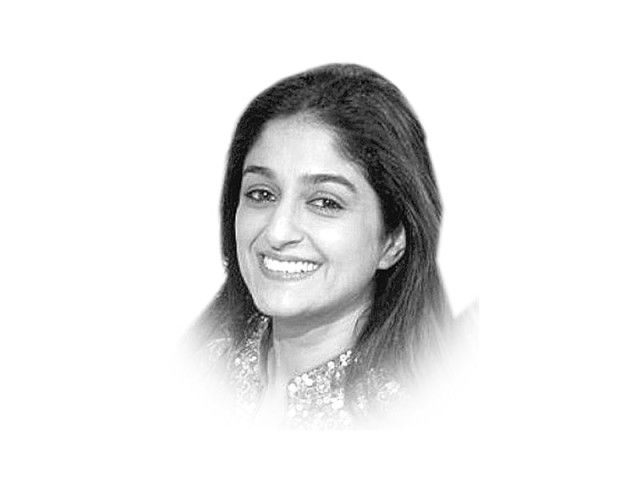Milk — it does a body good
As a mother and a Pakistani, I stand by my conviction that milk is not a luxury or a privilege, but a right of all.

The writer is a prominent actor and social activist. She is on the boards of several public sector and non-governmental organisations. She is also a food connoisseur
The reason for milk’s constant presence in my life — and the lives of many others across the globe — is simple: milk is one of the most essential nutritional items for human beings. It is the very first source of nourishment for all humans. It is one of the richest sources of minerals such as calcium, phosphorous, sodium and potassium, and a key source of vitamins. In fact, according to the National Academy of Sciences in America, children and adults should drink three glasses of milk every day.
In most parts of the world, milk is considered an essential food item for these very reasons. In Pakistan, the nutritional value of milk is even more relevant and essential to understand. Why? Because according to the latest estimates, Pakistan continues to have an alarmingly high level of malnutrition. Recent reports by the United Nations Food and Agriculture Organisation indicate that 37.5 million people in Pakistan are not receiving proper nourishment. The issue is complex and widespread, with deficiencies ranging from protein to iodine, along with other health problems due to insufficient intake of essential nutrients, all of which are available in milk.
It must be said that the need for milk as an essential food item has been recognised by our country’s milk producers and legislators. Over the past few years, Pakistan has seen considerable progress within the dairy sector — both from industry, as well as consumer perspectives. According to latest estimates, with 46 million tonnes of annual milk production, Pakistan is currently the third largest milk producing country in the world, with most experts predicting a further rise of around three billion litres in the next few years. The “White Revolution” — as it has been dubbed — is in fact expected to achieve a sharp increase in milk production by 2015, while creating an additional three million jobs in the formal economy and providing an estimated Rs350 million per day in cash flow to farmers in the dairy sector. The “White Revolution” — precipitated by a favourable business environment — has brought about increased investment and the introduction of new brands in the market. This, coupled with an educational programme focusing on the importance of milk, has helped build awareness about milk as an essential nutrient. In the course of my social work, I often find myself in extremely low-income neighbourhoods, and increasingly, I am finding the residents of these communities appreciating how properly packaged and processed milk can help not only fight malnutrition and hunger, but also boost immunity.
Milk is already a very significant portion of an average household’s budget contributing 22 per cent of the average kitchen expenditure. With the national budget right around the corner, imposition of any kind of tax on milk will directly result in milk price inflation taking it out of reach of a vast majority of Pakistanis. Milk also holds the highest percentage within the Food Group in the Consumer Price Index. Therefore, a rise in the price of milk will also have a definite knock-on effect on the overall household expenditure. This will also make other essential food items expensive and some of these essential items might eventually be out of reach of the average household. An increase in the price of a basic commodity such as milk would not only hit an average housewife’s monthly budget but will also deprive her family of essential nutrients important for a healthy living.
In most developed and developing countries, milk is understood to be an essential source of nutrition and is, therefore, generally speaking, zero-rated when it comes to value added tax. When it comes to Pakistan, for me, it’s quite simple: Pakistan has one of the highest rates of malnutrition in the world; milk is the key source of most of these nutrients. The “White Revolution” has allowed milk production and packaging to flourish, bringing essential nutrition to tens of thousands of Pakistanis. As a mother and a Pakistani I, for one, stand by my conviction that milk ought not to be seen as a luxury or a privilege, but a right of all.
Published in The Express Tribune, May 24th, 2013.














COMMENTS
Comments are moderated and generally will be posted if they are on-topic and not abusive.
For more information, please see our Comments FAQ